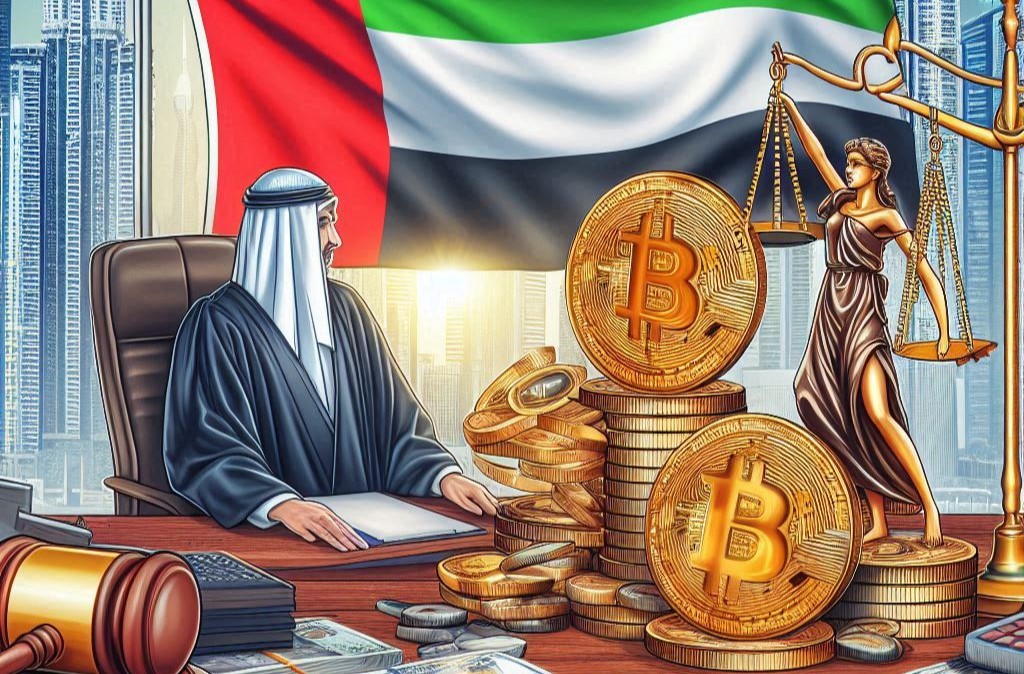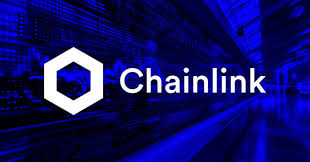Dubai adjusts crypto regulations in the country to gather more investment funds that will boost innovation.
The Dubai Financial Services Authority (DFSA) has made revisions regarding crypto tokens. In an announcement dated June 3, the regulator disclosed this update and stated that it intends to implement the modifications to strengthen the regulatory structure within the Dubai International Financial Centre (DIFC), a special economic zone.
Revised Cryptocurrency Fund Investment Regulations
As stated in the announcement, the regulator considered feedback from industry stakeholders. This occurred after the solicitation of public opinion in Consultation Paper 153, released earlier this year. The DFSA also consulted international best practices before implementing the amendments.
The modifications impacted Critical areas, including the recognition process for crypto tokens and funds that invest directly in them.
In the past, the DFSA imposed highly stringent restrictions on the investment of recognized crypto tokens by both domestic and foreign funds. Asset managers criticized these regulations for being excessively rigorous, specifically the restrictions on external and foreign funds. In light of the feedback received, the DFSA has subsequently eased these regulations, thereby affording funds investing in crypto tokens increased latitude.
Domestic qualified investor funds are now permitted to invest in unrecognized tokens, so long as the exposure does not surpass 10% of the fund’s gross asset value (GAV), per the revised regulations. This action aims to achieve a harmonious equilibrium between promoting innovation and safeguarding the interests of investors.
New Standards and Reduced Fees for Token Recognition
A second significant modification concerns the token recognition procedure. Many businesses deemed the DFSA’s previous fee of $10,000 per token for recognition excessively high. Organizations that desired acknowledgment for numerous tokens perceived the procedure as unfeasible.
The DFSA has reduced the cost per token to $5,000 as a reaction. In addition, the DFSA implemented fresh standards for the identification of stablecoins.
Notably, the regulator has emphasized that the recent modifications should not be misconstrued as an easing of its position. On the contrary, its sole objective is to increase the degree of adaptability in identifying fiat cryptocurrency tokens issued in jurisdictions with similar regulatory frameworks.
Ian Johnston, chief executive officer of the DFSA, emphasized the organization’s dedication to promoting innovation responsibly and transparently. Johnston stated, “The DFSA has developed this regime in a balanced manner and remains committed to bringing it in line with international best practices and standards.”
The aforementioned regulatory updates indicate a forward-thinking change in the DFSA’s strategy, which balances innovation and rigorous regulatory oversight.



